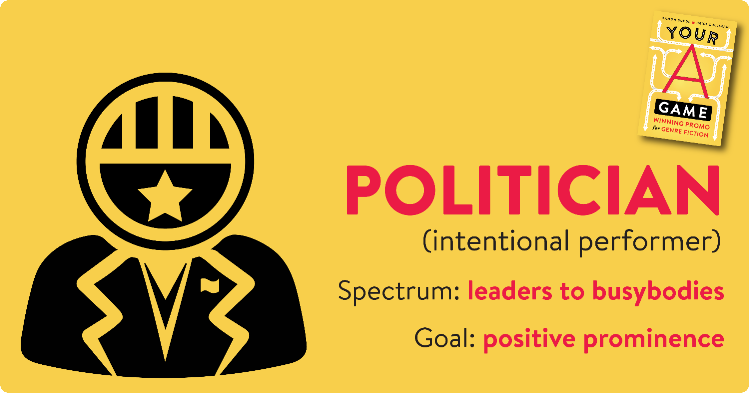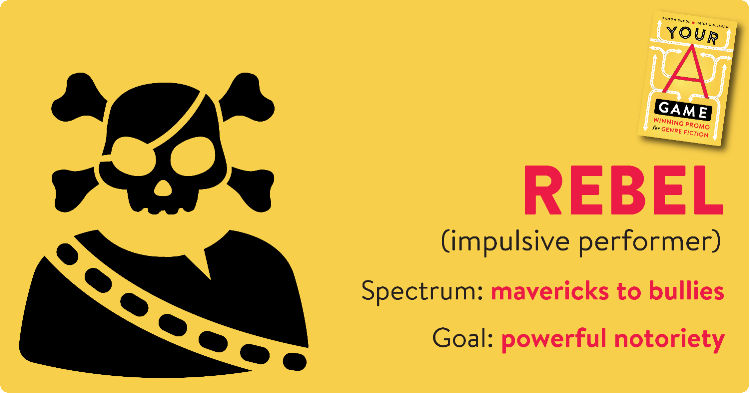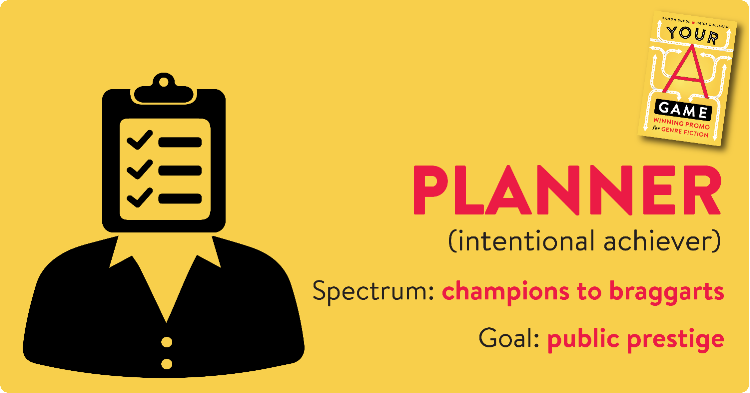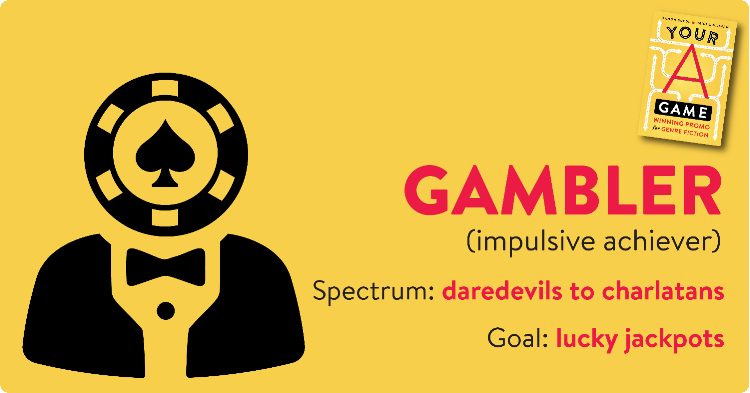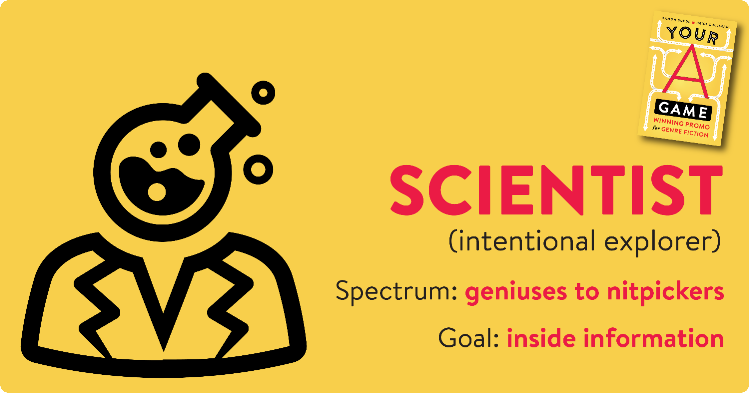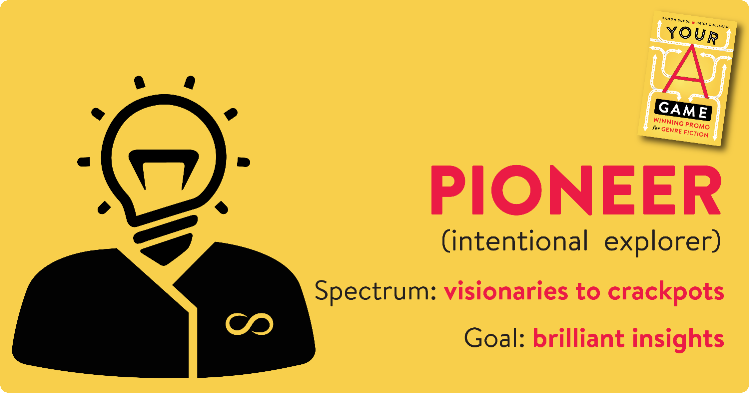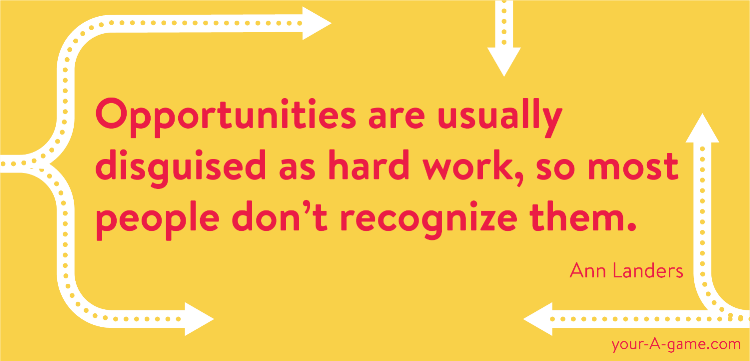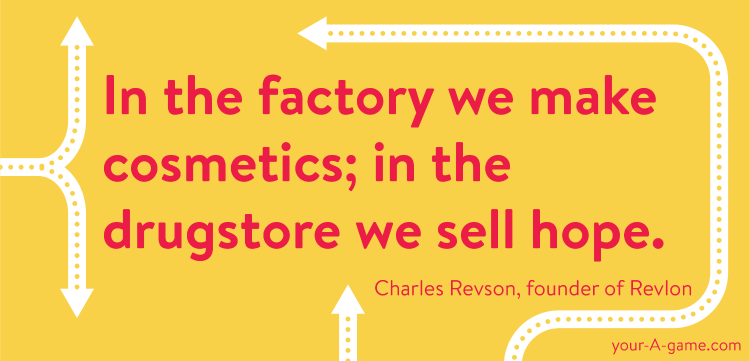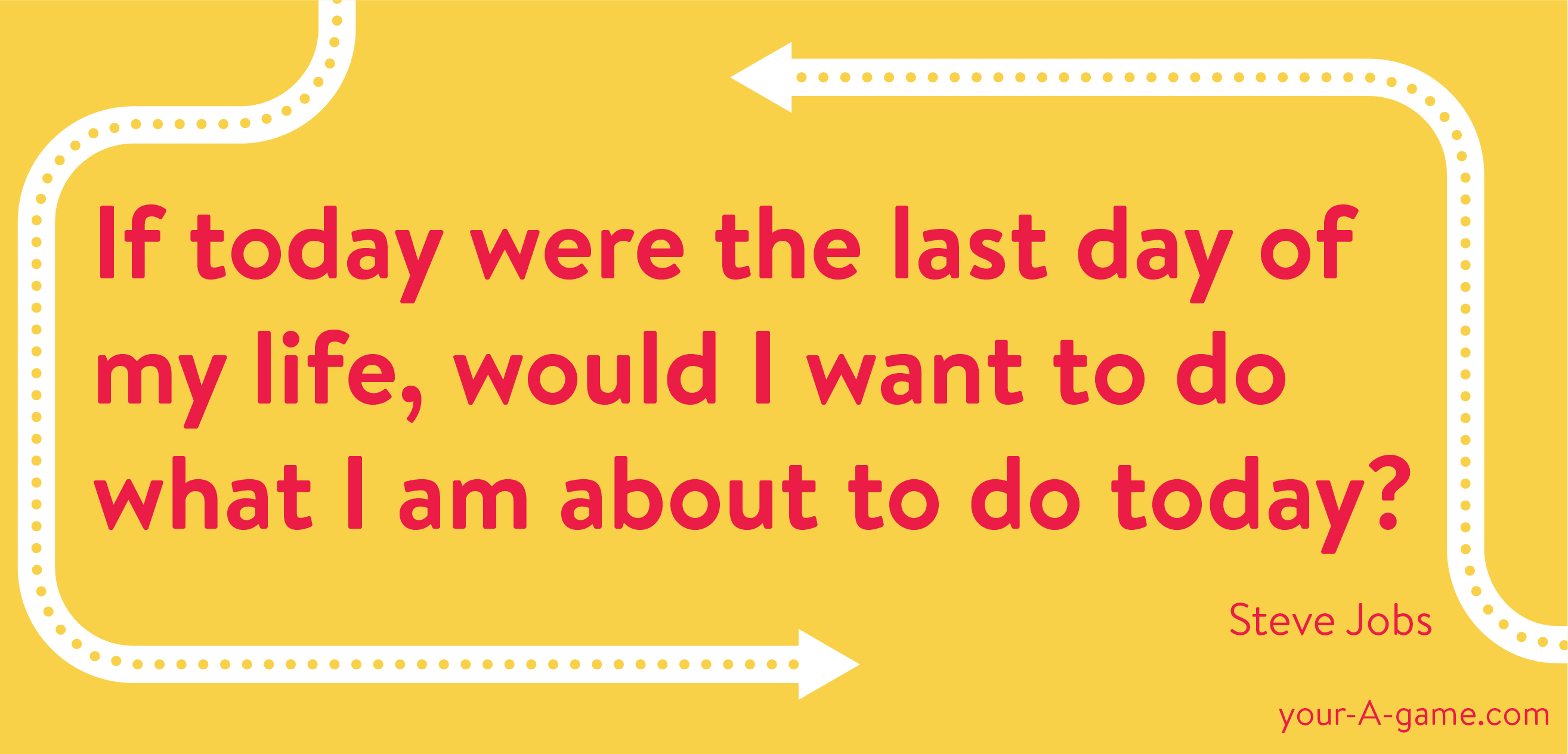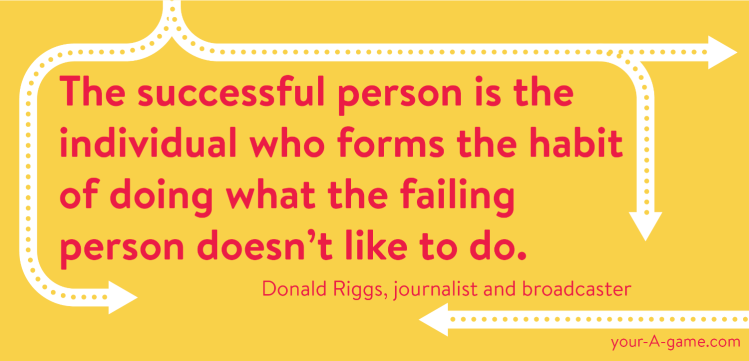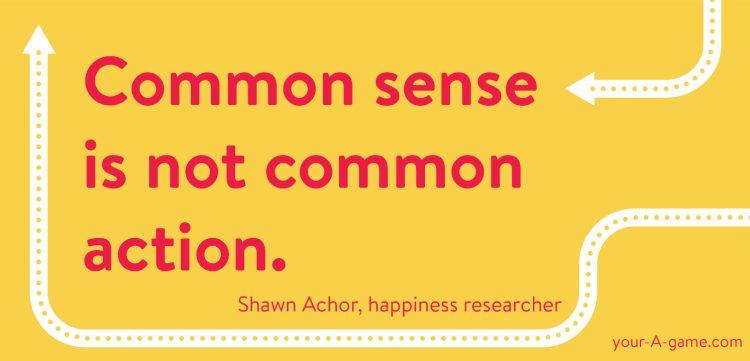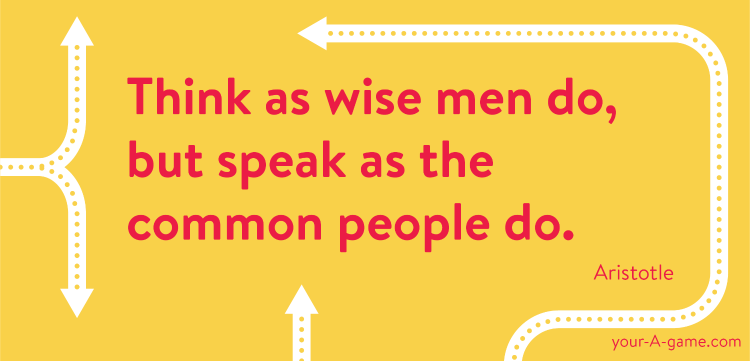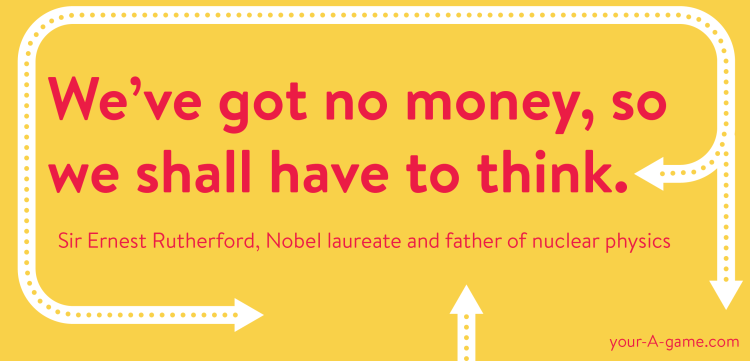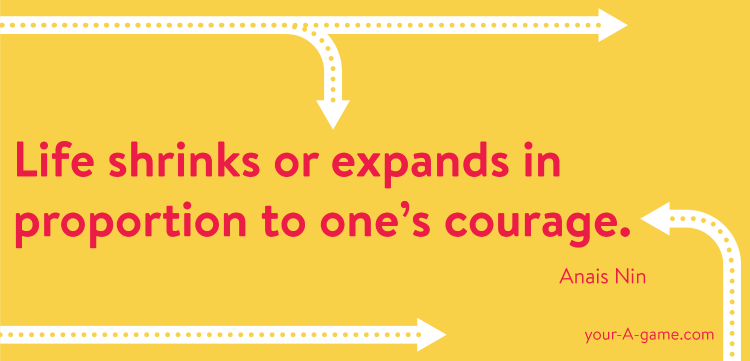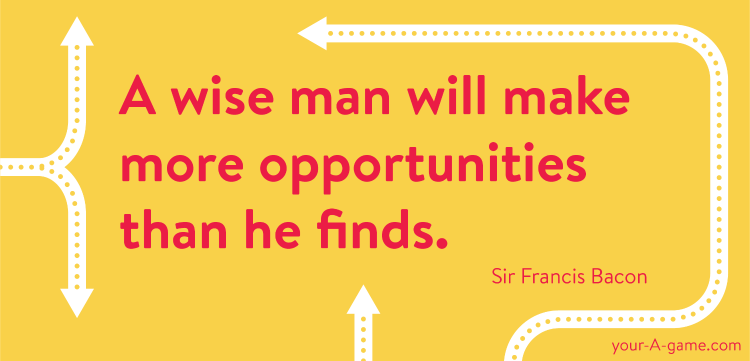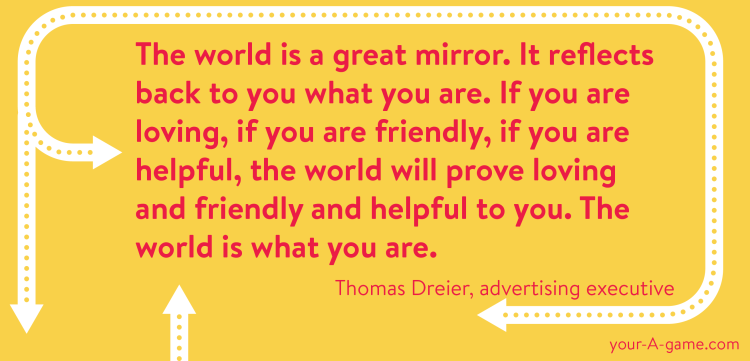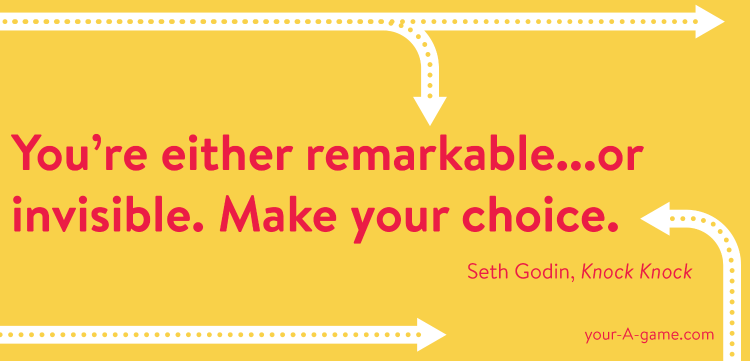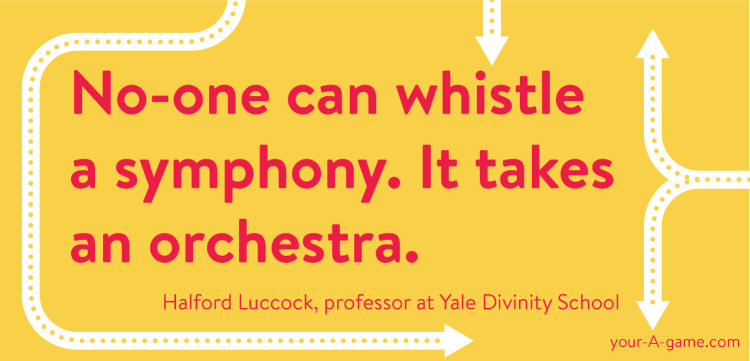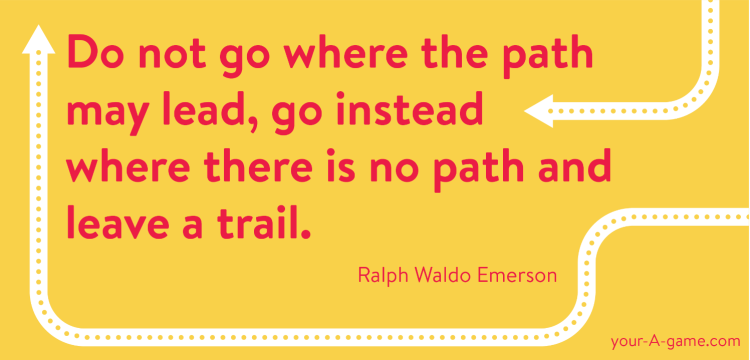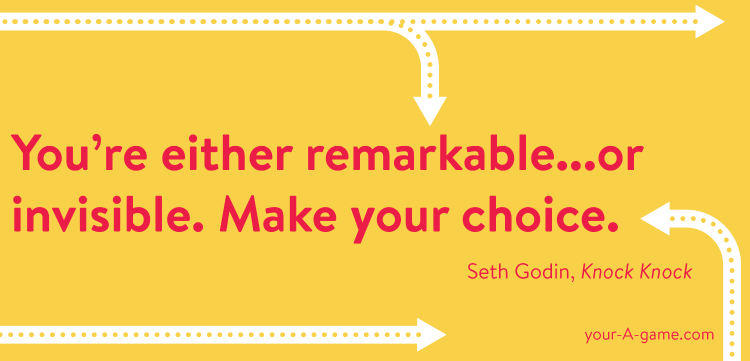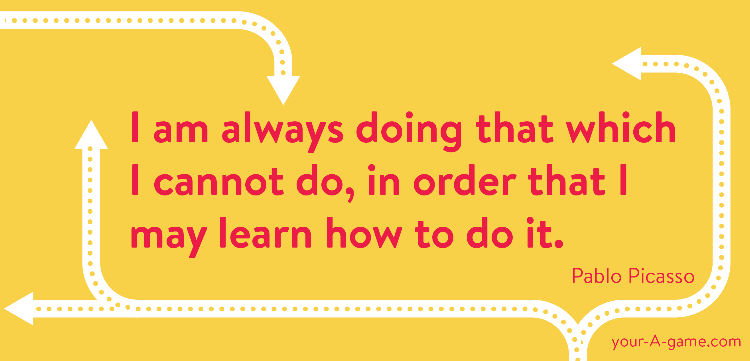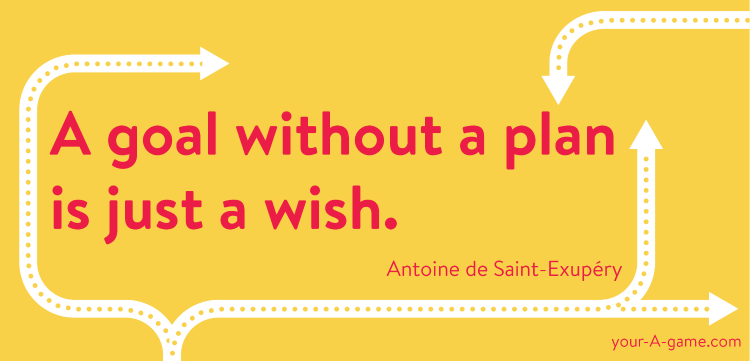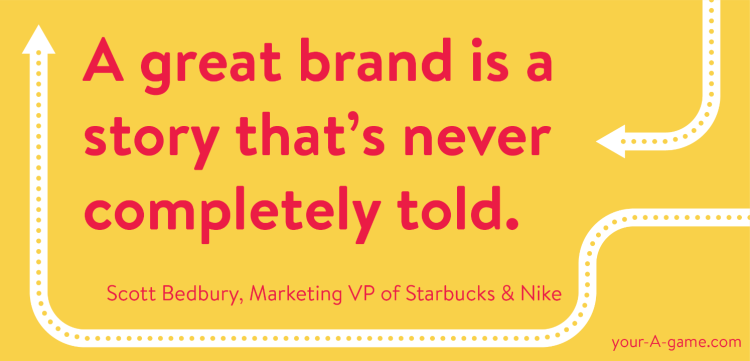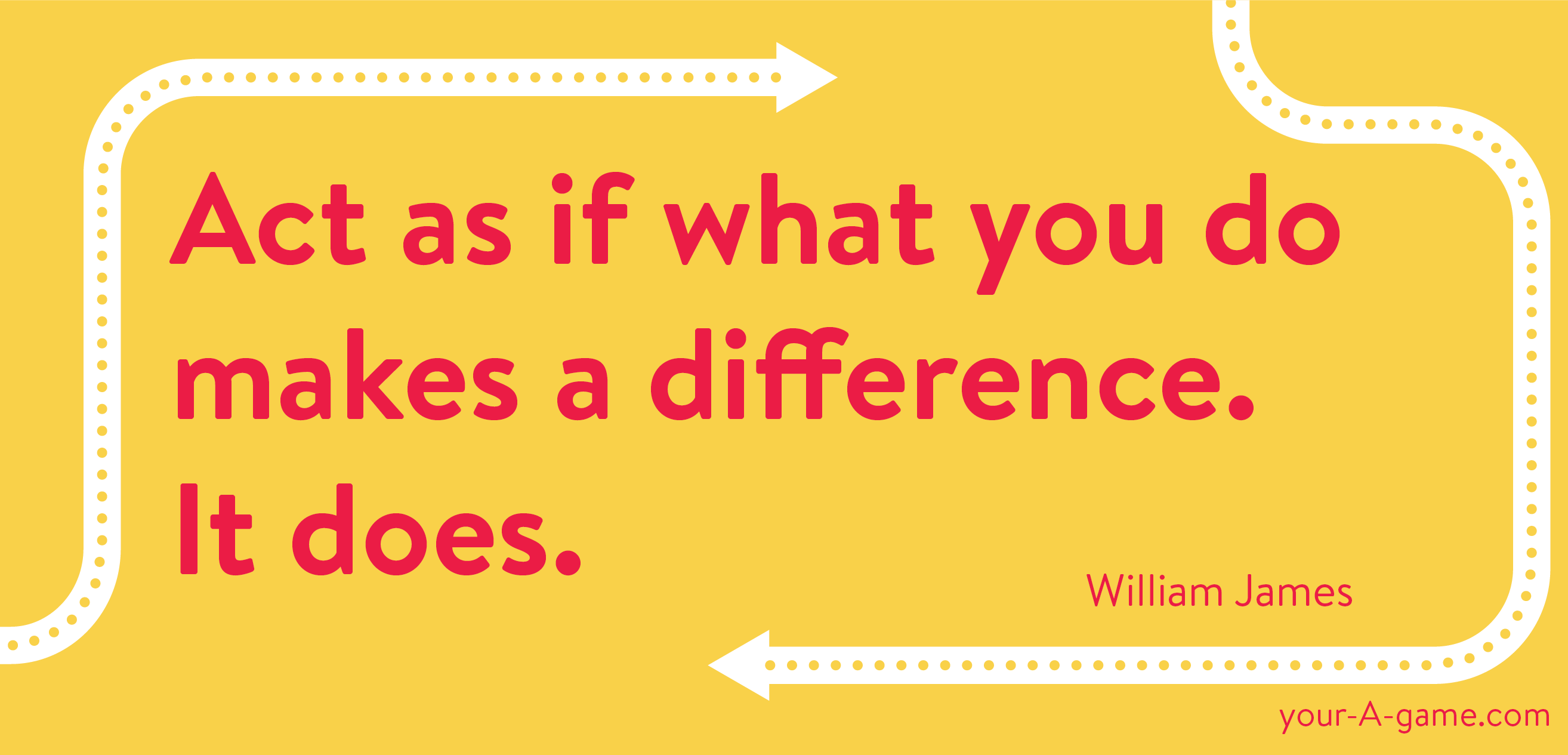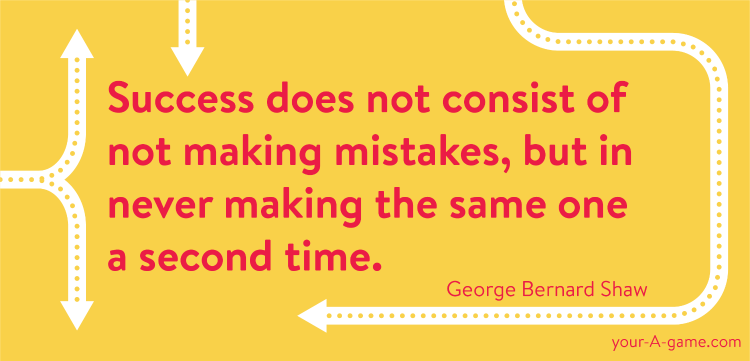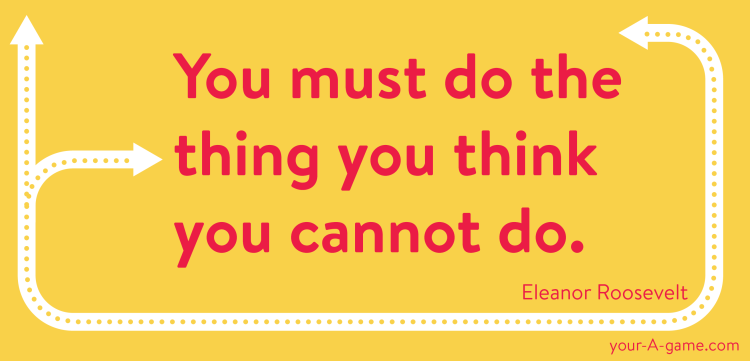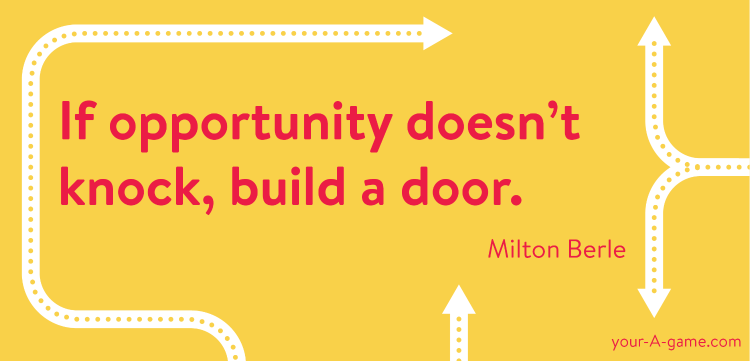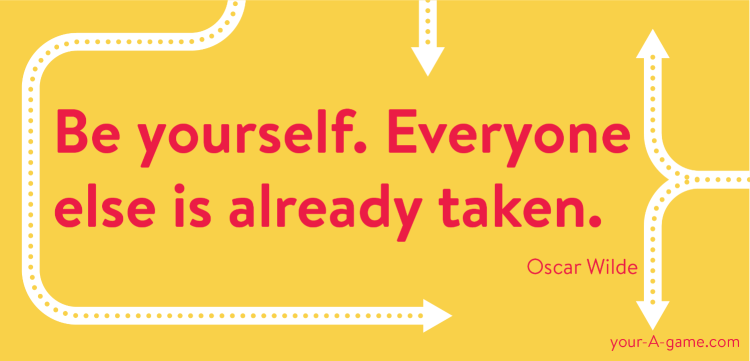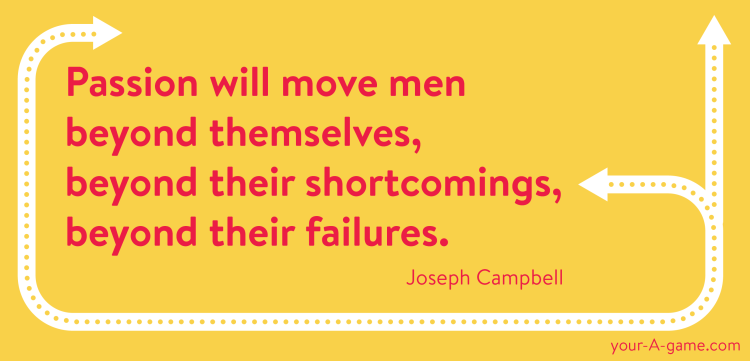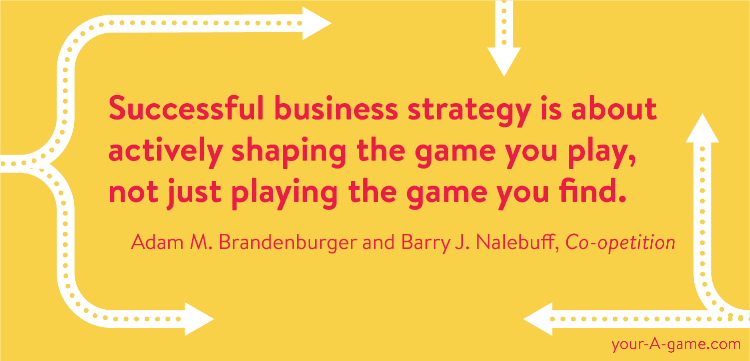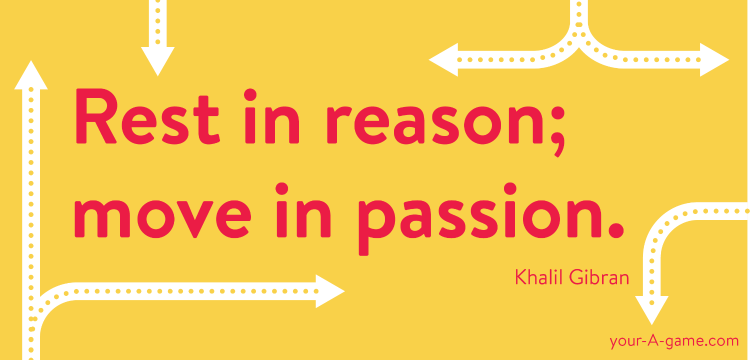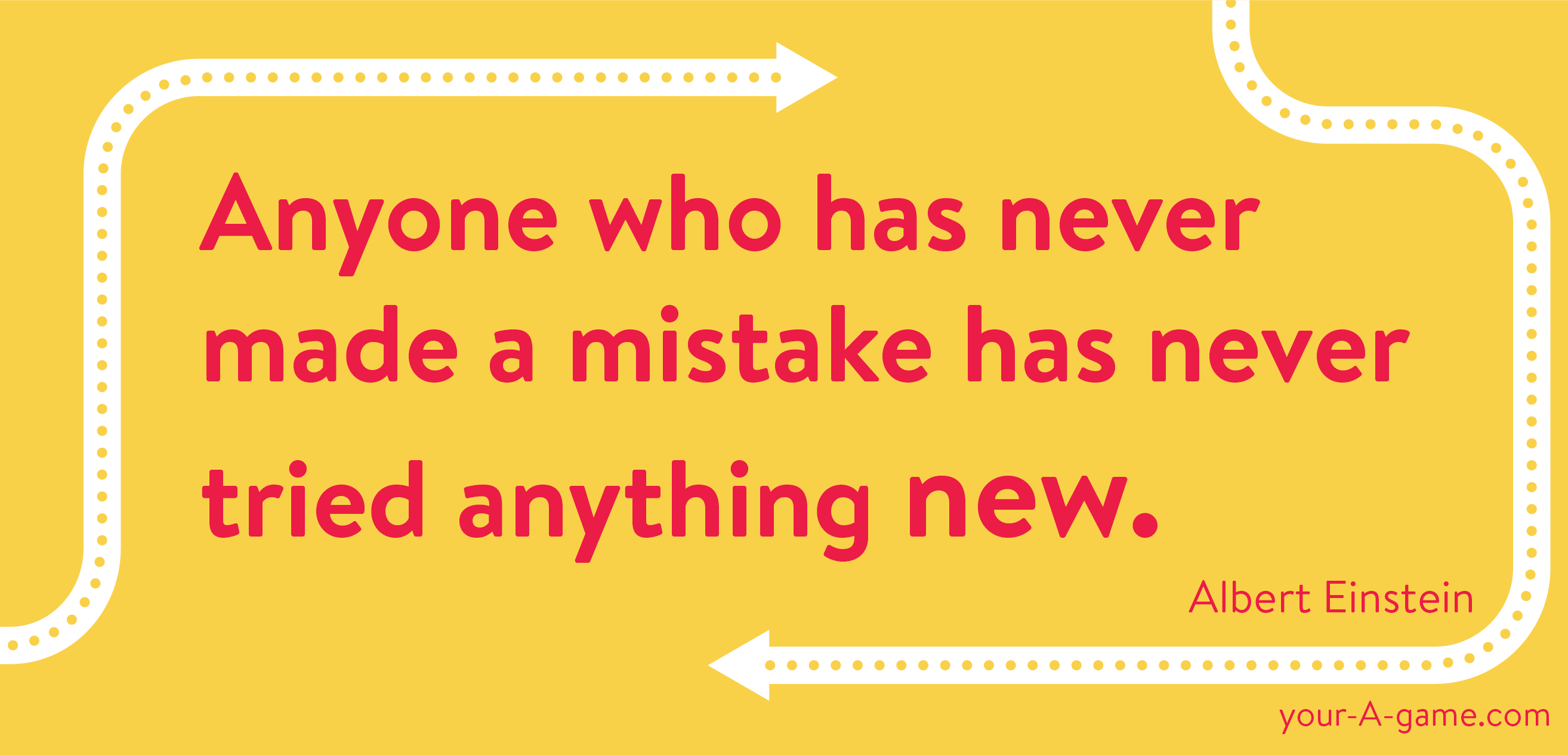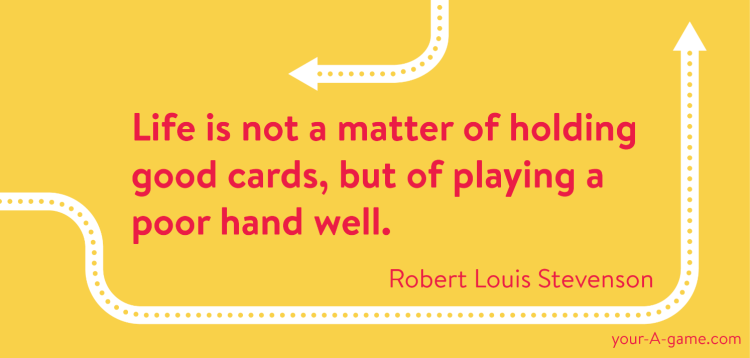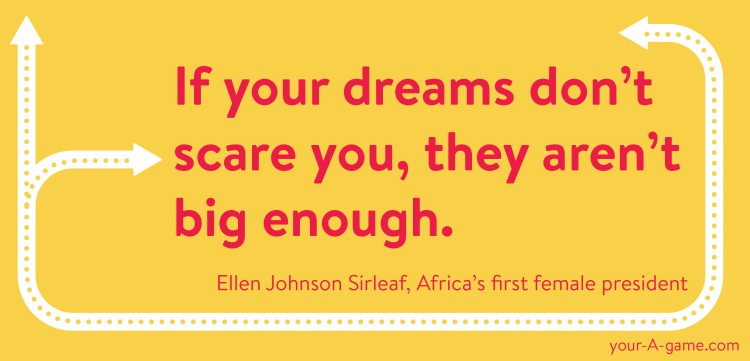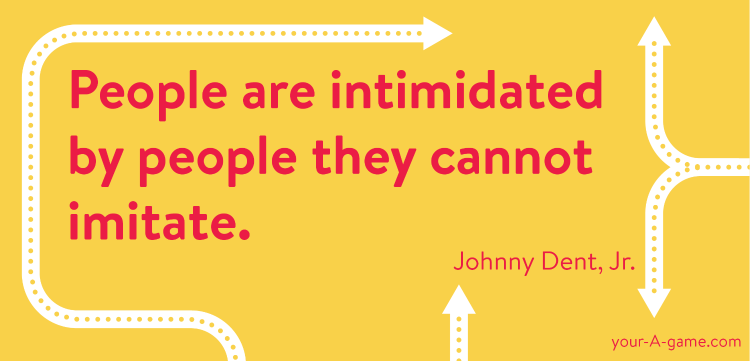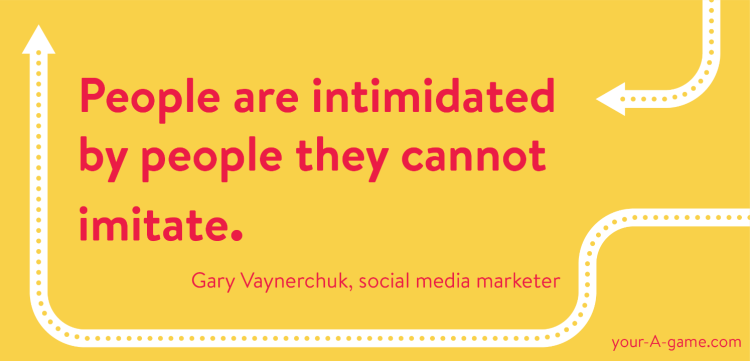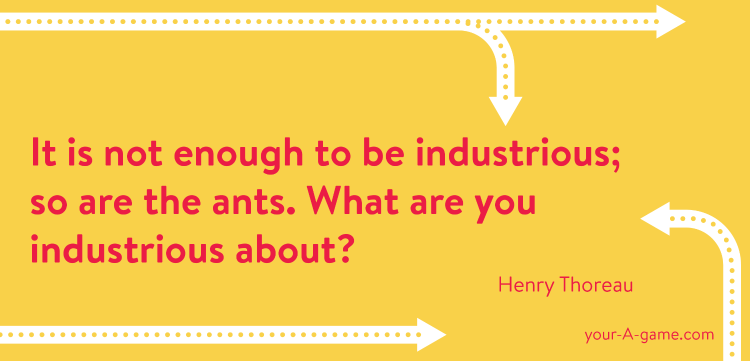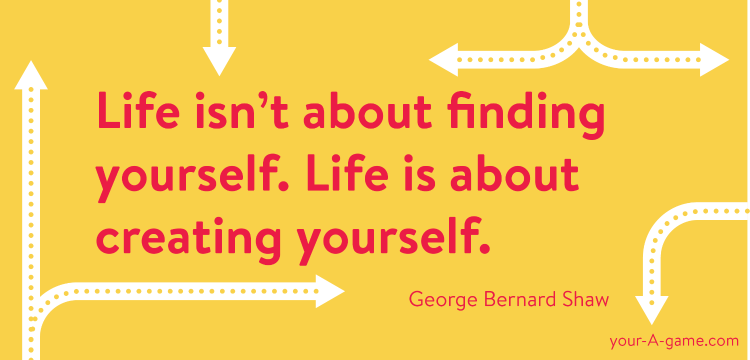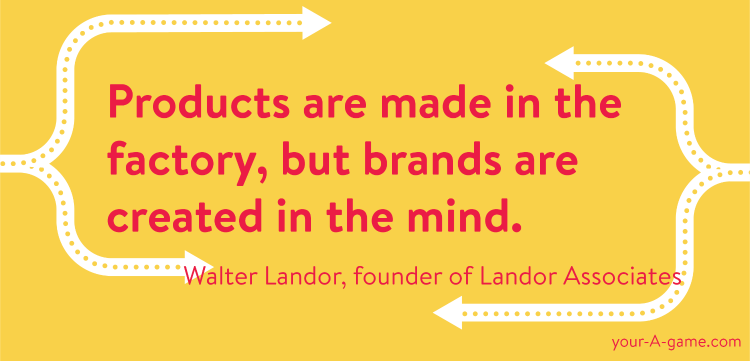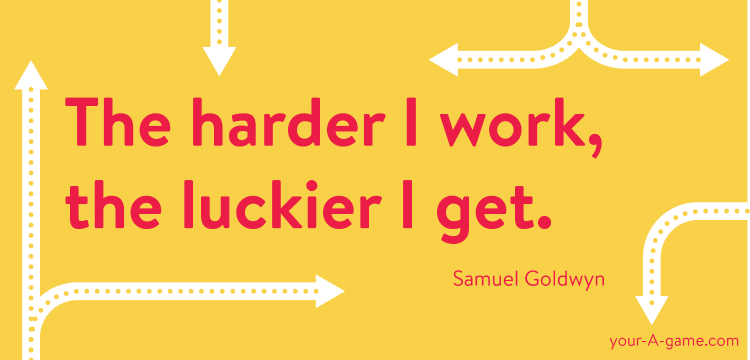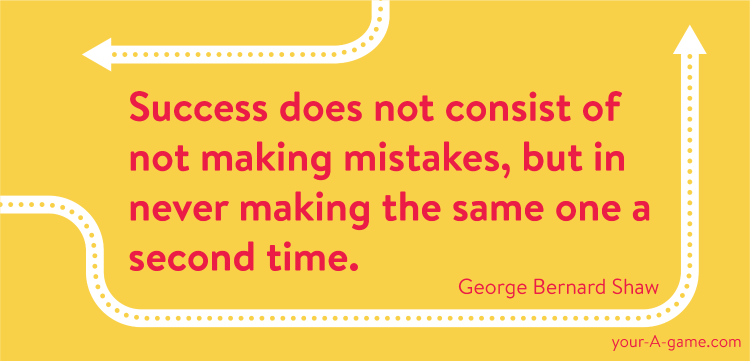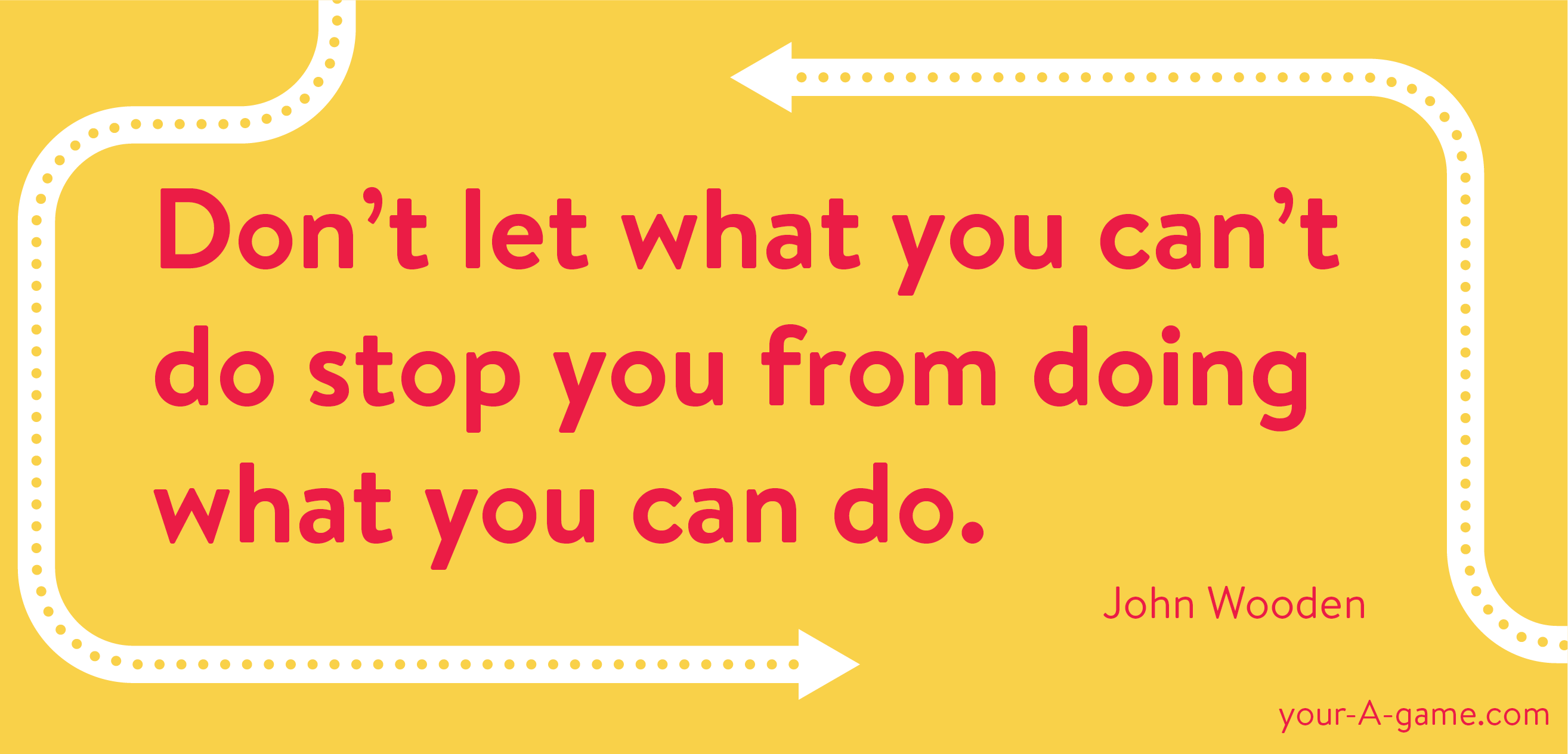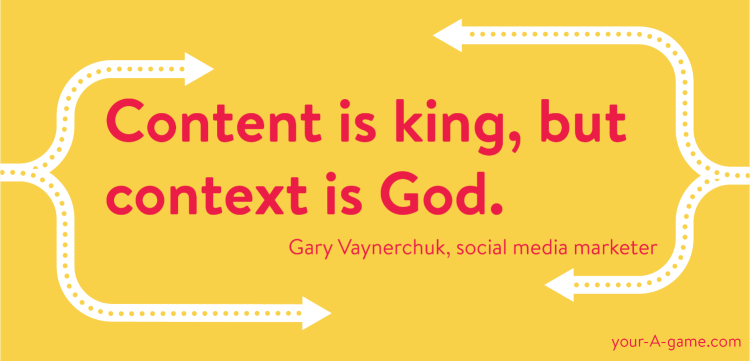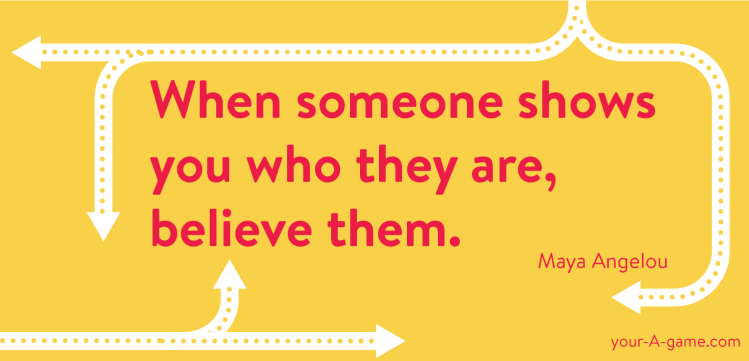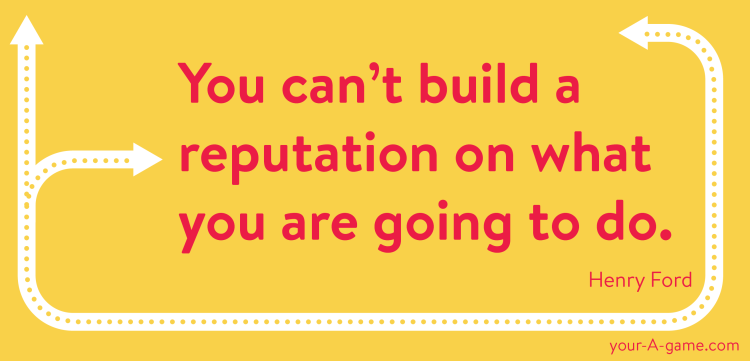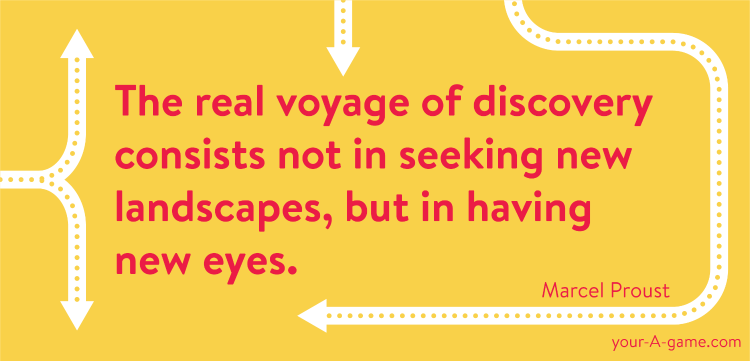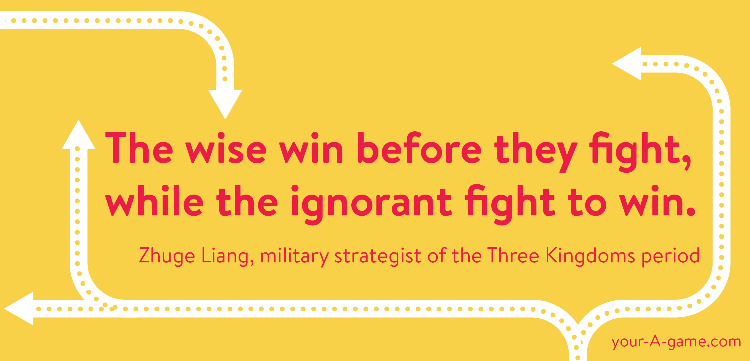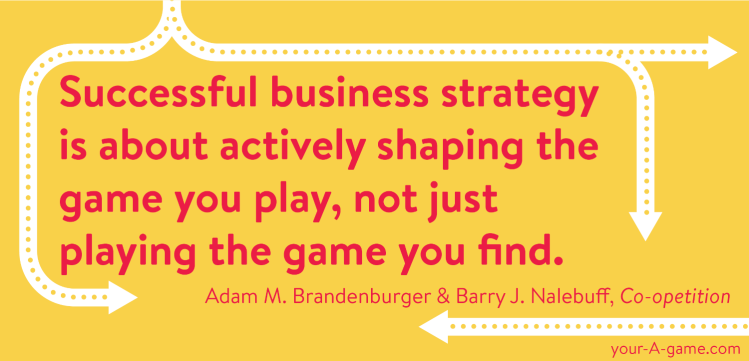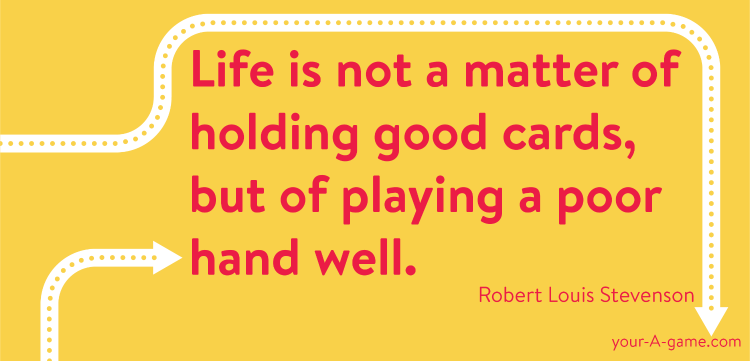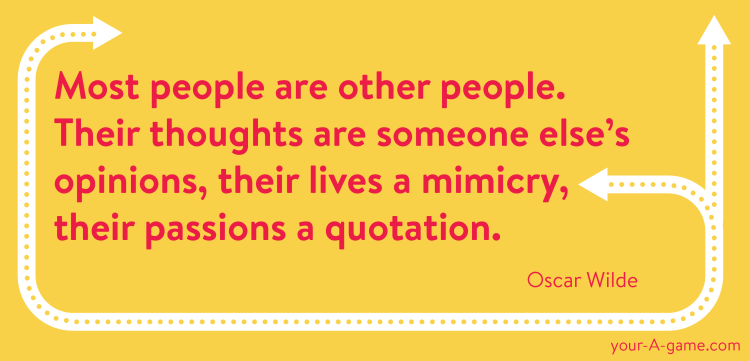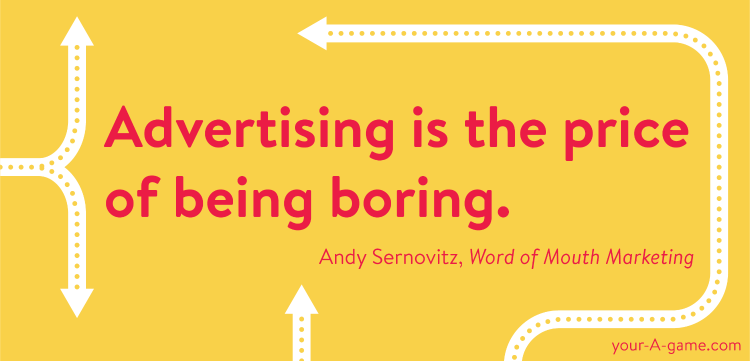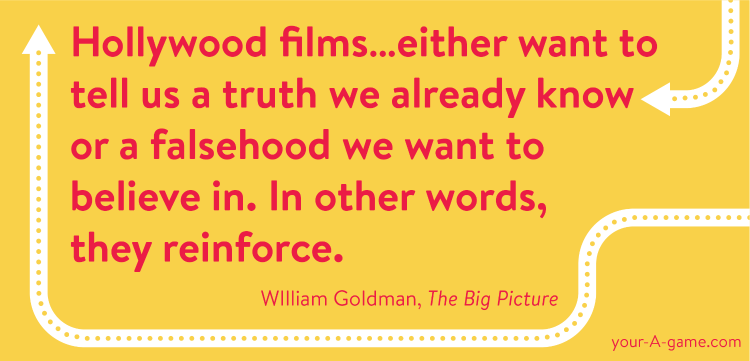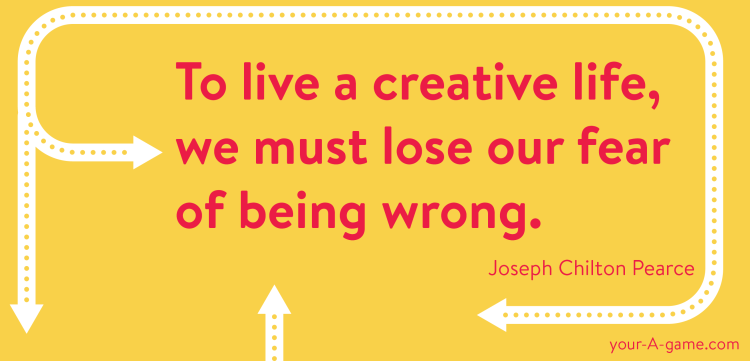Your Game Face
How do your readers and colleagues see you?
While you can establish your authorial
presence without consciously examining and
claiming an archetype, harnessing universal
symbols offers you a perfect tool for managing
how you appear to others. Archetypes are not a
mold but a lens through which you can more
easily see yourself and reveal yourself to
others. They shouldn’t dictate but calibrate how
you behave.
By definition archetypes are high concept
because they are hardwired into the human
consciousness, helping us make sense of what we
see and establish symbolic relationships that
allow us to interpret the world quickly.
When we talk about your play style, we are
dealing with broad categories of behavior. We’d
like to dig deeper into Richard Bartle’s
analysis of the way different types of players
connect. Instead of looking inward, we’ll be
using archetypes to look outward based on the
kind of social activities you enjoy. In the same
way writers might be plotters or pantsers, your
professional presence reflects an intentional or
impulsive vibe because each of us presents a
public persona based on the experiences we
enjoy.
- Intentional fun requires acting with
purpose. Intentions create examinable,
data-driven enjoyment with measurable
effects. Players who dig intentional fun
appreciate expectation over surprise, order
over disorder. Folks who prefer intentional
fun tend to plot their interactions.
- Impulsive fun involves acting on
instinct. Impulses can defy logic or
explanation and may be unconscious. These
players love surprises. They operate more on
whim than plans. They favor idealism over
realism. People who dig impulsive fun
generally fly by the seat of their pants in
their interactions.
The beauty of Bartle’s system is that it
explains why and how people behave in groups,
which is useful for looking at literal games,
but also for any simulated struggle with risks
and rewards…like publishing. Happily, because
these archetypes arose from research into
gaming, they come without cultural or historical
baggage. If you want to consider more
traditional archetypes, we've compiled a brief
overview
here.
As a public figure, you always embody your
brand, and you occupy imaginary space in the
community’s consciousness based on your tastes.
Do you tend toward intentional or impulsive fun?
Are you more methodical or improvisatory with
other people? Regardless of how you write your
books, are you a plotter or a pantser when you
promote them?
We want to help you find your archetype so you
can pinpoint the best way to present yourself to
others as an embodiment of your brand.
Politicians
Politicians aren't always running for office,
but they run the show. They act strategically
upon folks they encounter, using influence to
achieve their ends and emphasizing their
acknowledged authority and contributions to the
community.
- Spectrum: leaders to busybodies
- Goal: positive prominence
In terms of play style, Politicians are
Performers who act on other players
intentionally. Aware of their goals and the path
they need to take to achieve what they want,
they will dominate other players for better or
worse. They’re the leaders in their field, the
ones in the spotlight, but they’re operating
with an agenda. Even if their rule is
metaphorical, it steers their peers and
expresses their worldview writ large. They act
deliberately and manipulate subtly, contributing
meaningfully to the community to acquire and
maintain a big, positive reputation.
Rebels
Rebels push against the grain, challenging
status quo and courting strong reactions often
with an instinctive need to express themselves
and draw attention even if they can’t explain
(or control) the urge.
- Spectrum: mavericks to bullies
- Goal: powerful notoriety
Though Rebels are also Performers, they act
impulsively on other players relying on instinct
rather than careful planning. Their ultimate
goal is compelling notoriety, because they seek
less of a leadership role and more of a proud
label. Whether rock stars or revolutionaries,
bon vivants or bad asses, Rebels confront the
status quo on gut instinct. Systems just give
them something to push against and restrictions
are only a problem for other people. While both
Politicians and Rebels prefer influencing
others, Rebels can be in-your-face in ways they
can’t always explain, although they may
rationalize their choices and their actions for
effect. They’re experts at reading a room and
instinctively take the temperature of
situations.
Planners
Planners compete for rank and accomplishments
in measurable contests with their eyes on the
prize, often taking small, logical steps toward
a larger scheme and working around obstacles
with dogged determination.
- Spectrum: champions to braggarts
- Goal: public prestige
Planners are Achievers who act on the world
intentionally. Like Politicians, they have
concrete, measurable goals, but their
spreadsheets and blueprints for those schemes
show far more detail and aim for personal glory
rather than public influence. They’re methodical
in the pursuit of status and measurable
accomplishments. If you put an obstacle in their
way, they relish the challenge of uncovering a
way around it. Their focus is always beating the
system, so the other players can seem
incidental. They pursue their objectives with a
resolve bordering on compulsion. While they do
love individual wins, when pressed most would
admit they love the pursuit itself almost as
much as the prestige they earn.
Gamblers

Gamblers risk to win and seek out
opportunities without a clear plan, taking
chances to earn recognizable rewards and
drifting between options as the mood takes them.
When faced with obstacles, they often lose
interest and change direction.
- Spectrum: daredevils to
charlatans
- Goal: lucky jackpots
Gamblers are also Achievers, and they love a
good trophy shelf or badge for achievement
unlocked the same as their Planner kin, but
because they act on the world impulsively, they
do not have color-coded spreadsheets and
cause-and-effect charts at the ready to help
navigate their path. Gamblers are spontaneous
risk-takers, and they’re excellent with a game
of chance. Their instinct guides them, but it
also distracts them. They often don’t know what
they want to do until they’re doing it.
Obstacles aren’t a delicious challenge; they’re
annoying and a sign Gamblers should switch
directions in search of a shinier opportunity.
Networkers
Networkers gather allies with a clear role
to play in their career, assessing the value of
relationships and learning from those
connections. They familiarize themselves with
the players so that they can engage effectively.
- Spectrum: ringmasters to gossips
- Goal: win-win relationships
Surest sign of a Networker? They’re the ones
who can’t cross a hotel bar at a convention,
because they want to talk to everyone, and
everyone wants to talk to them. As intentional
Socializers, Networker authors don’t merely
interact with people, they actively seek allies
and forge bonds. Like courtiers, their power is
with people. They know everyone, and anyone who
doesn’t know them is angling for an intro.
They’re constantly connecting readers and
industry pros…and the hotel concierge, and the
woman in the mailroom they met when picking up a
package. They hold court to learn what people
know, passing it on when they meet someone who
needs it. They keep track of the good eggs and
the bad apples—and have the knack of charming
both.
Friends
Friends associate primarily with people they
know and enjoy already and build on that
intimacy with sharing and collaboration. They
cultivate personal closeness and tolerate
follies and foibles.
- Spectrum: advocates to leeches
- Goal: affectionate rapport
While Networkers are enthusiastically
connecting all the players, Friends are sitting
in a quiet corner of the hotel bar, having
one-on-one, meaningful conversations, uniting a
small, intimate group who feel understood and
engaged in a way no other author type could
begin to replicate. They interact impulsively
with people, so they engage their public on
instinct, rather than strategically. They’re
very accepting of faults and follies because
they process conflict collaboratively. Friends
connect instinctively, investing most of their
time with people they know because they prefer
to deepen existing relationships. They may never
build the tangled net of a Networker, but they
inspire a whole other level of intimacy and
loyalty in others because of their authentic,
persuasive presence.
Scientists
Scientists experiment in their environment to
form theories and systems, testing them against
experience with methodical precision so they can
catalog and explain phenomena. They crave
logical analysis and proof that support
categorization.
- Spectrum: geniuses to nitpickers
- Goal: inside information
As intentional explorers, Scientists love to
experiment in order to form theories. They adore
data and method, and their ultimate pursuit is
the knowledge that will help them attain their
goals, though when pressed they’ll admit that
pursuit is as sweet as the end result. Whether
they present more as dogged detectives, mad
inventors, or scholarly sorcerers, they test
their theories against hard evidence and can’t
wait to explain phenomena in ways that map
systems. The game’s the thing, yes—but most
Scientists would also explain to you why this is
the case and all the possible variables in play.
Pioneers
Pioneers intuit meaning and possibility in
their world and blaze trails where their vision
takes them. They inspire and invent the future
by eurekas and zigzags without needing systems,
proof, or accurate measurement.
- Spectrum: visionaries to
crackpots
- Goal: brilliant insights
Pioneers love to experiment, as all Explorers
do, but they interact with the world impulsively
rather than with planned experimentation,
because they crave meaning, not data. They want
to crack the underlying code, so they can bend
it. As mystics, engineers, or innovators, they
intuitively understand the worlds they create
and the ones they inhabit. They don’t need to
test their ideas systematically, because they
can sense the truth. They go where the spirit
leads them and love to seek new phenomena. They
can be a bit arcane, and they love an open
field, because to them it’s brimming not with
weeds but possibility.

